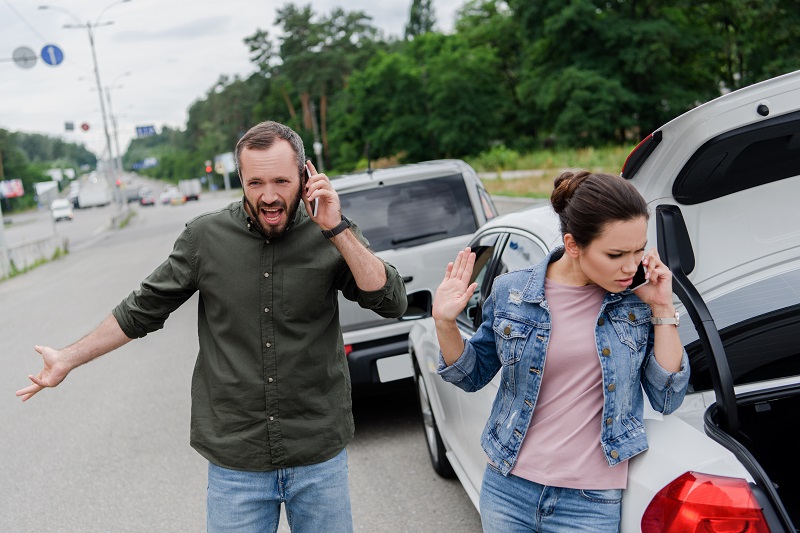If you were injured in a vehicle accident in Florida, the state’s comparative negligence laws could have a big impact on how much compensation you are able to collect.
In some personal injury cases, especially car, truck or motorcycle accidents, each party involved in the accident may share some responsibility. Comparative negligence means the amount of money you can recover after an accident is limited by the percentage of fault you had in the accident.

A Tale of Two Drivers Who Get into an Accident
How does that work out? Here’s an example:
You have two drivers: Amy and Bart. Amy stops at a stop sign and prepares to turn left onto a road with no stop sign for the cross traffic …
Meanwhile, Bart is coming down the same road, driving almost 10 miles per hour over the speed limit. Bart doesn’t see Amy until it’s too late and is unable to slow down in time to avoid hitting Amy’s car.
Both parties share some blame for the accident: Amy failed to yield the right of way, while Bart was driving over the speed limit. But who is legally responsible for the accident?
So, Amy sues Bart, claiming she suffered $100,000 in damages as a result of the accident. However, the jury concludes that Amy was partially at fault — her comparative negligence in the accident was determined to be 25%. Bart is 75% responsible for the accident. If the jury agrees that Amy’s damages are worth $100,000, she will only be able to recover 75 % of that amount, or $75,000.
Conversely, if Bart had sued Amy for $100,000 in damages and his comparative fault was 75%, the most he would be able to collect would be $25,000.
Modified Comparative Negligence vs. Pure Comparative Negligence
Florida adopted the policy of pure comparative negligence in personal injury cases in 1973. In a pure comparative negligence system, even if the plaintiff is mostly at fault, they can still claim damages for the portion they are not responsible for.
However, on March 24, 2023, Florida law changed to a modified comparative negligence system. Under this system, a plaintiff cannot recover damages if they are found to be more than 50% at fault.
Answers to Your Questions About Personal Injury Claims
Do I Even Need a Lawyer if the Insurance Company Wants to Settle?
It’s in the interest of the insurance companies to pay out as little money as possible on claims. Therefore, if you accept a settlement without talking to an attorney, you may be leaving money on the table.
The initial offer may seem attractive if you cannot work and you have a mountain of bills to pay. A year or two down the road, however, that offer may not seem as good if it does not cover long-term expenses such as medical bills and work missed.
If your injury is very minor, you may not need to retain a lawyer. But it is highly recommended that you contact a knowledgeable attorney as soon as possible if there has been a serious injury or death, if you have missed work, or if a commercial vehicle was involved.
How Much is My Personal Injury Claim Worth?
The losses you suffer as a result of your injuries are known as damages, and these losses fall into three categories, Compensatory / economic damages, Non-economic damages, and Exemplary / Punitive damages.
Compensatory, or economic, damages are the losses you can easily assign a dollar amount to. Things like missed work, medical bills, and household expenses fall into this category. You can contrast economic damages with non-economic damages, which don’t have a dollar amount, but are still effects of the accident. These are things like pain and suffering, emotional anguish, and impairment.
Exemplary, or punitive damages, are meant to punish the negligent party for inflicting harm recklessly or intentionally on the victim.
How Long Will it Take to Get My Settlement?
In general, the length of time it takes to reach a settlement depends on how complex your case is.
If your attorney files a personal injury lawsuit, it can take many months or years before you reach a settlement agreement or jury verdict. The discovery phase, which is when each side investigates the claim thoroughly, consists of interviews, depositions, and document requests, and can take weeks or months. If the case goes to trial, the court preparation can take months or even years in some cases.
Speak With a Lutz Auto Accident Lawyer
Personal injury cases that deal with issues of comparative liability can be complex. Proving who was to blame for what and by how much can be difficult, as can dealing with multiple insurance companies.
It’s important to protect your rights after an accident. The amount of compensation you recover after an accident in Florida is determined by the percentage of negligence you share for the accident. You will want to make sure that you don’t have to pay any more than your fair share.
The best way to protect your rights after an accident would be to hire an experienced personal injury lawyer. If you have been injured in a car accident in Lakeland, Winter Haven, Lutz or other Central Florida community, you can rely on Lutz auto accident attorney Tania Rivas and the Rivas Law Group to ensure you receive fair treatment after your accident.



